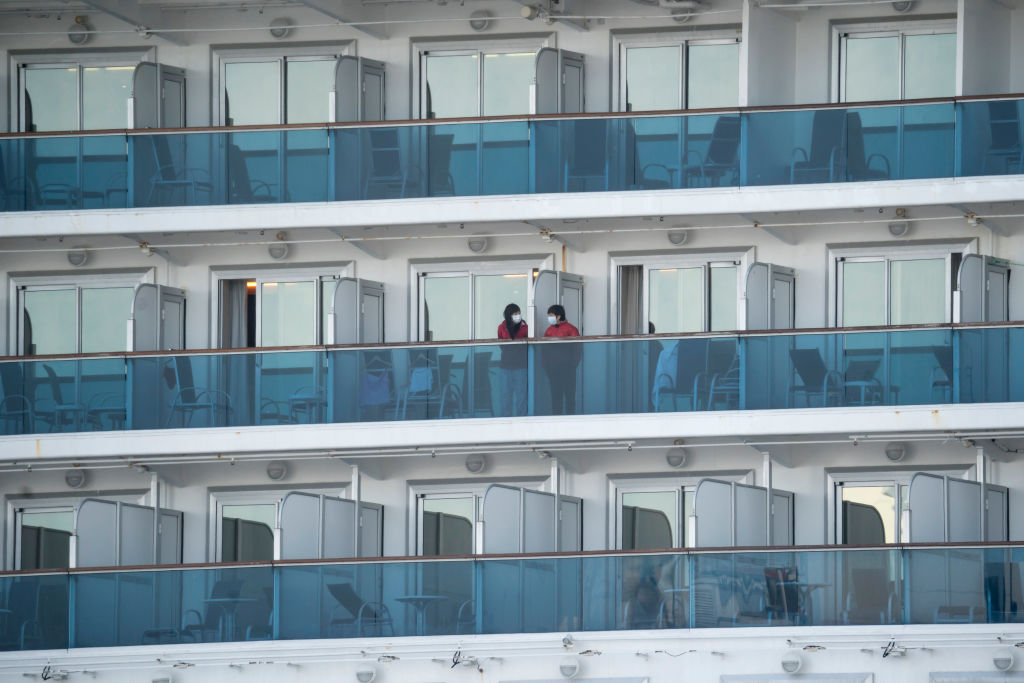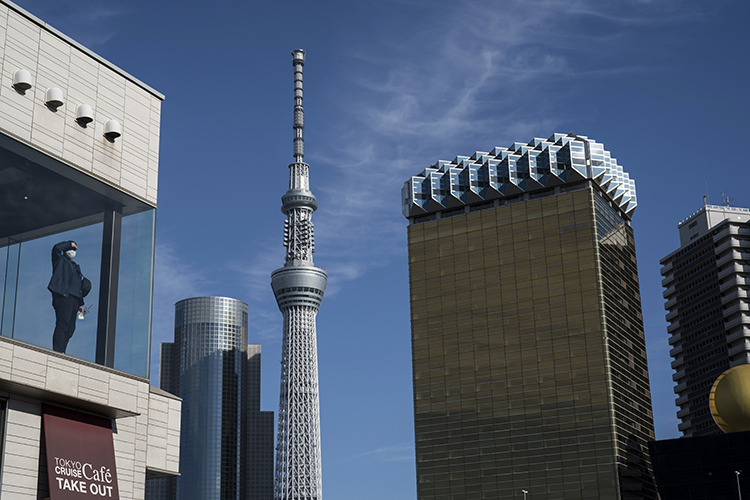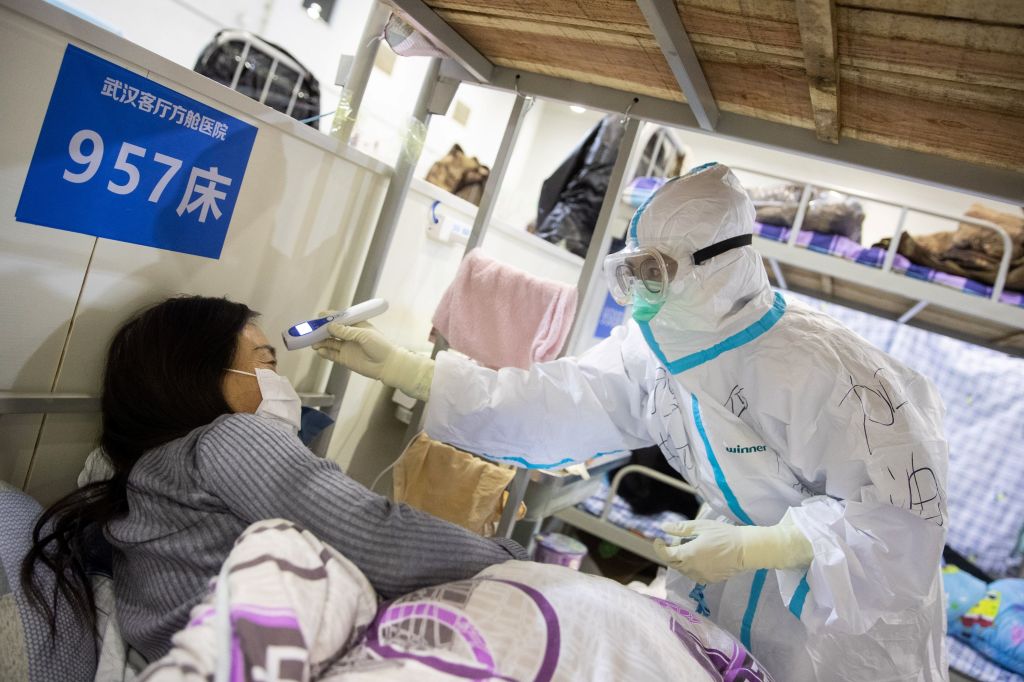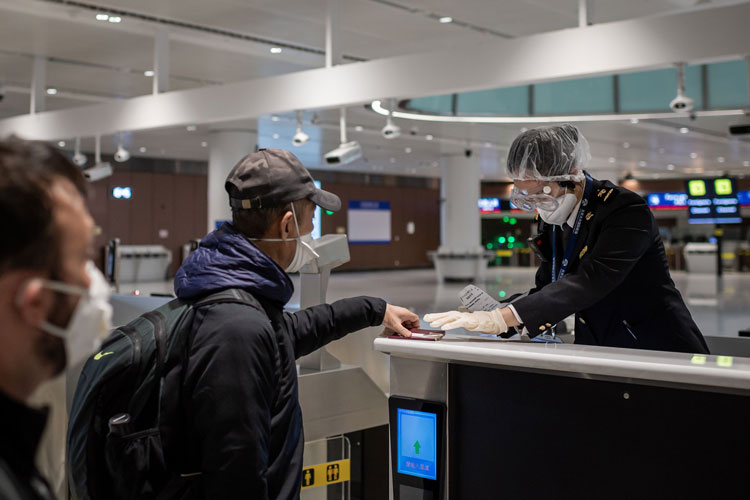
Passengers who have tested negative for the novel coronavirus began disembarking from the stricken Diamond Princess cruise ship Wednesday, despite mounting evidence from infectious disease experts they could unknowingly be carrying the virus back into their communities.
A total of 545 confirmed cases of the virus have been linked to the ship during its quarantine in Tokyo Bay.
CDC highlights risk: The US Centers for Disease Control and Prevention (CDC) commended Japan's quarantine measures but said they may not be sufficient to prevent transmission among individuals in the ship.
"The CDC believes the rate of new infections on board, especially among those without symptoms, represents an ongoing risk," it said in a statement released Tuesday.
"To protect the health of the American public, all passengers and crew of the ship have been placed under travel restrictions, preventing them from returning to the US for at least 14 days after they have left the Diamond Princess."
Expert raises alarm: A Japanese infectious disease specialist who visited the quarantined cruise ship alleged there is inadequate infection control on board.
"Inside the Diamond Princess, I was was so scared ... there was no way to tell where the virus was ... bureaucrats were in charge of everything," said Kentaro Iwata, an infectious disease specialist at Kobe University in a YouTube video published Tuesday.
Read more here.








